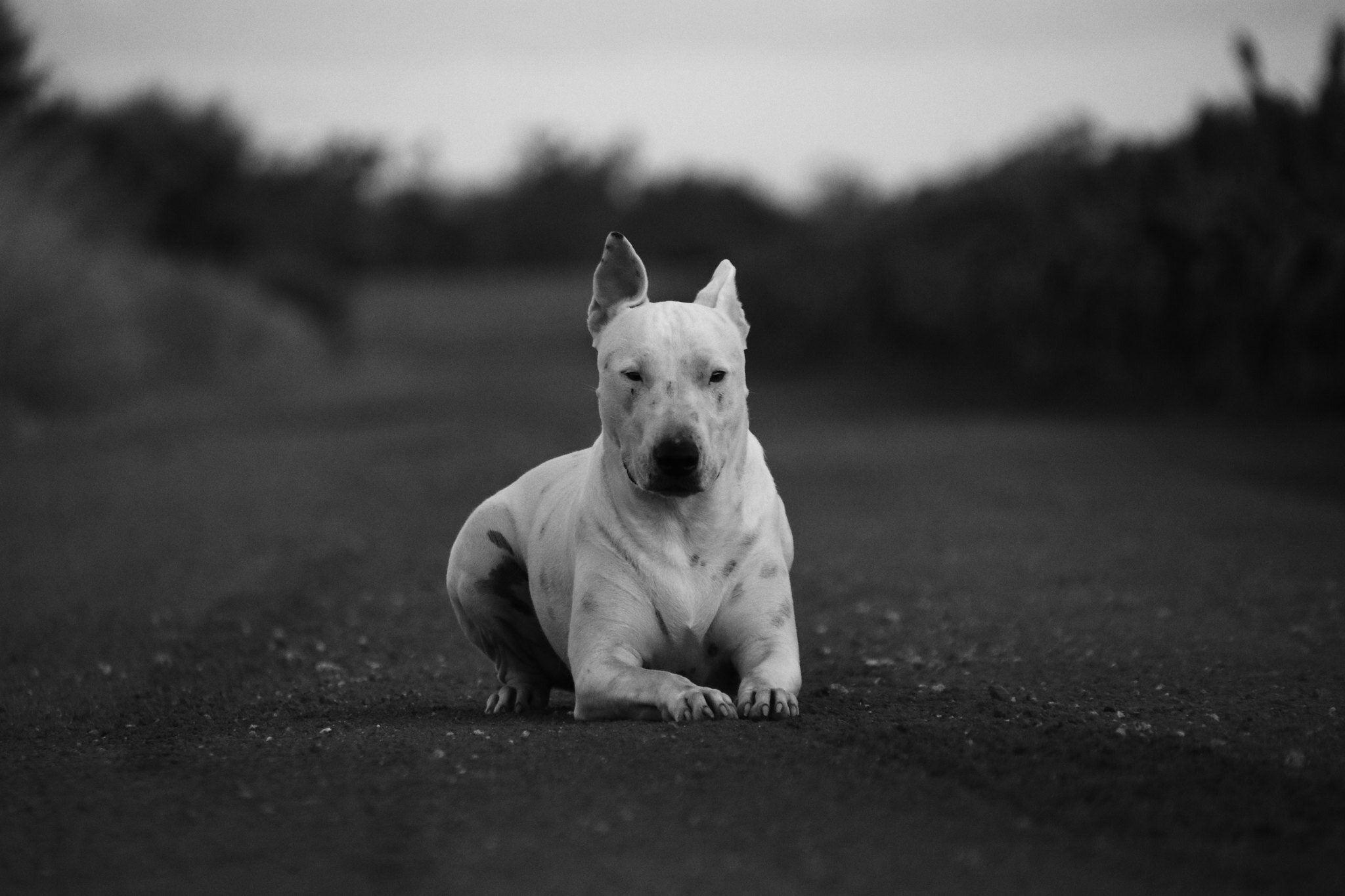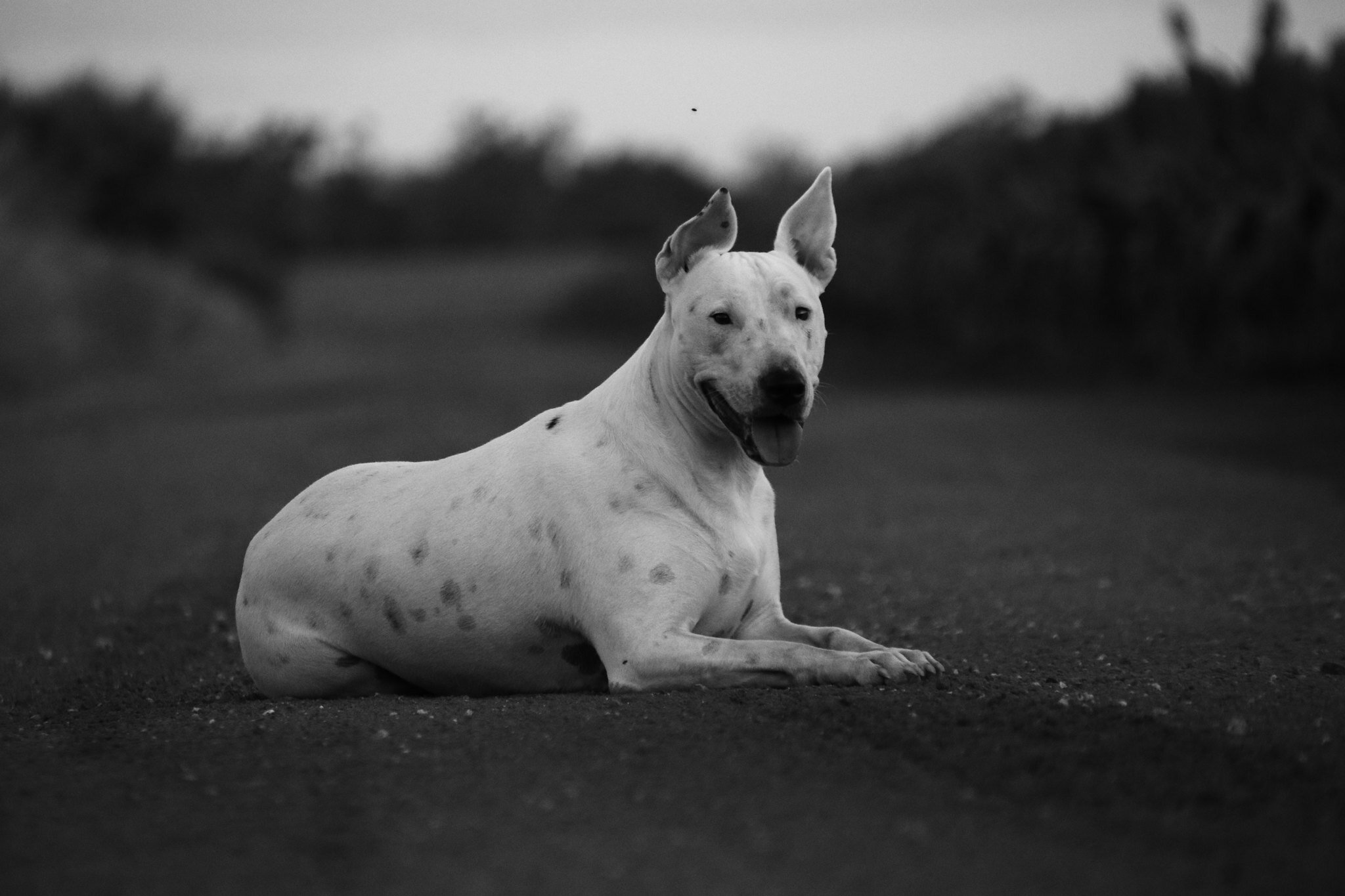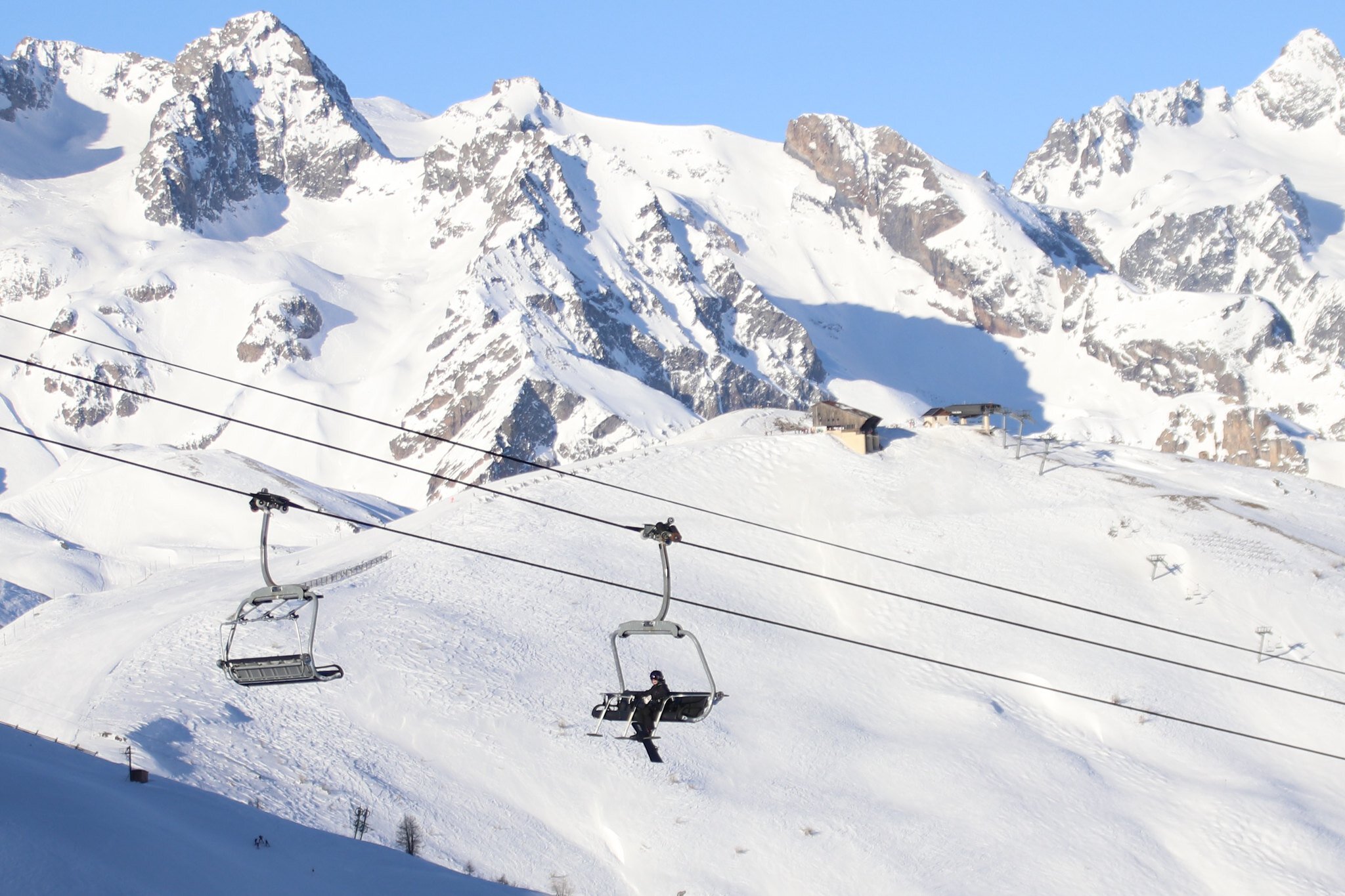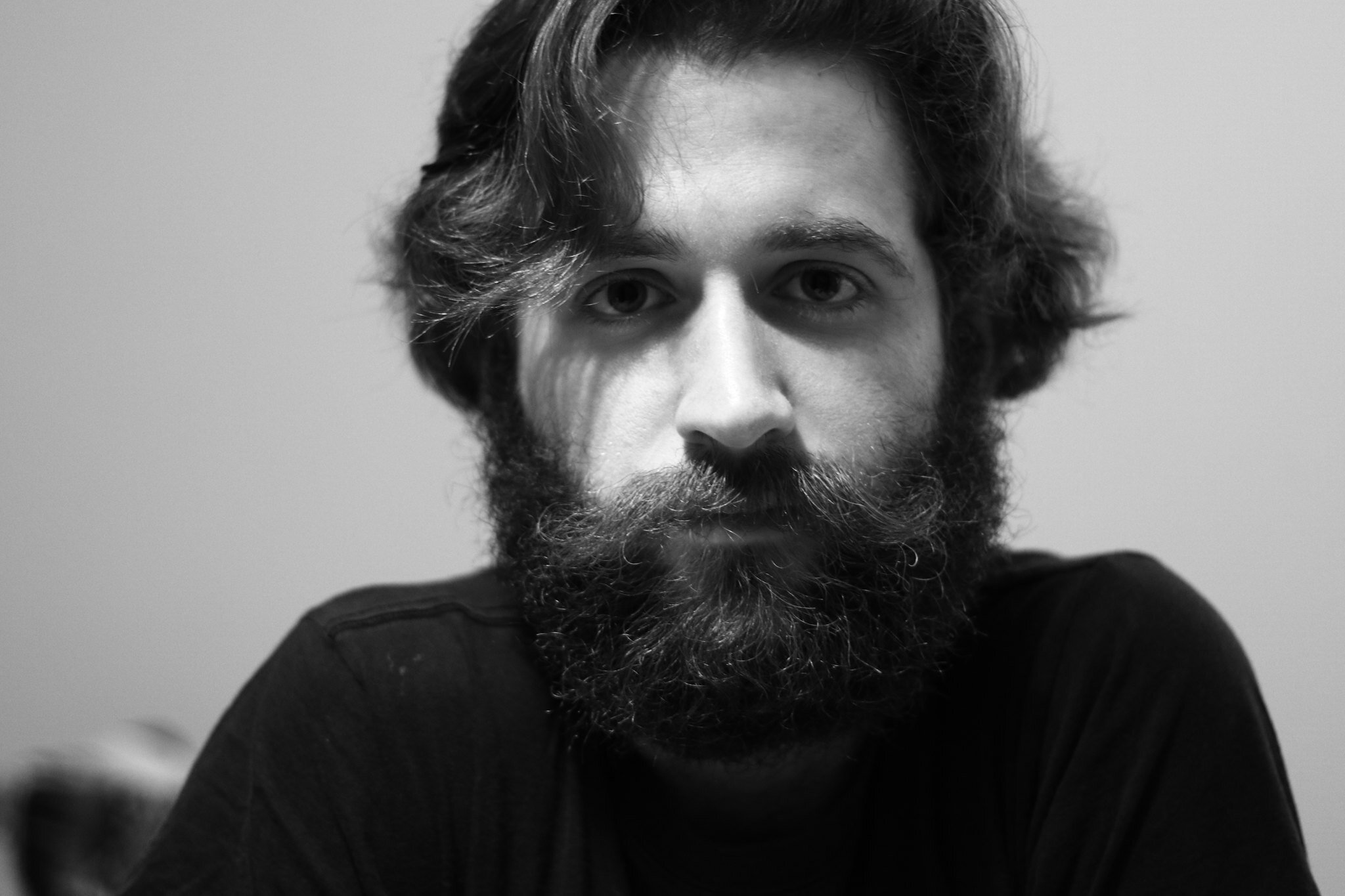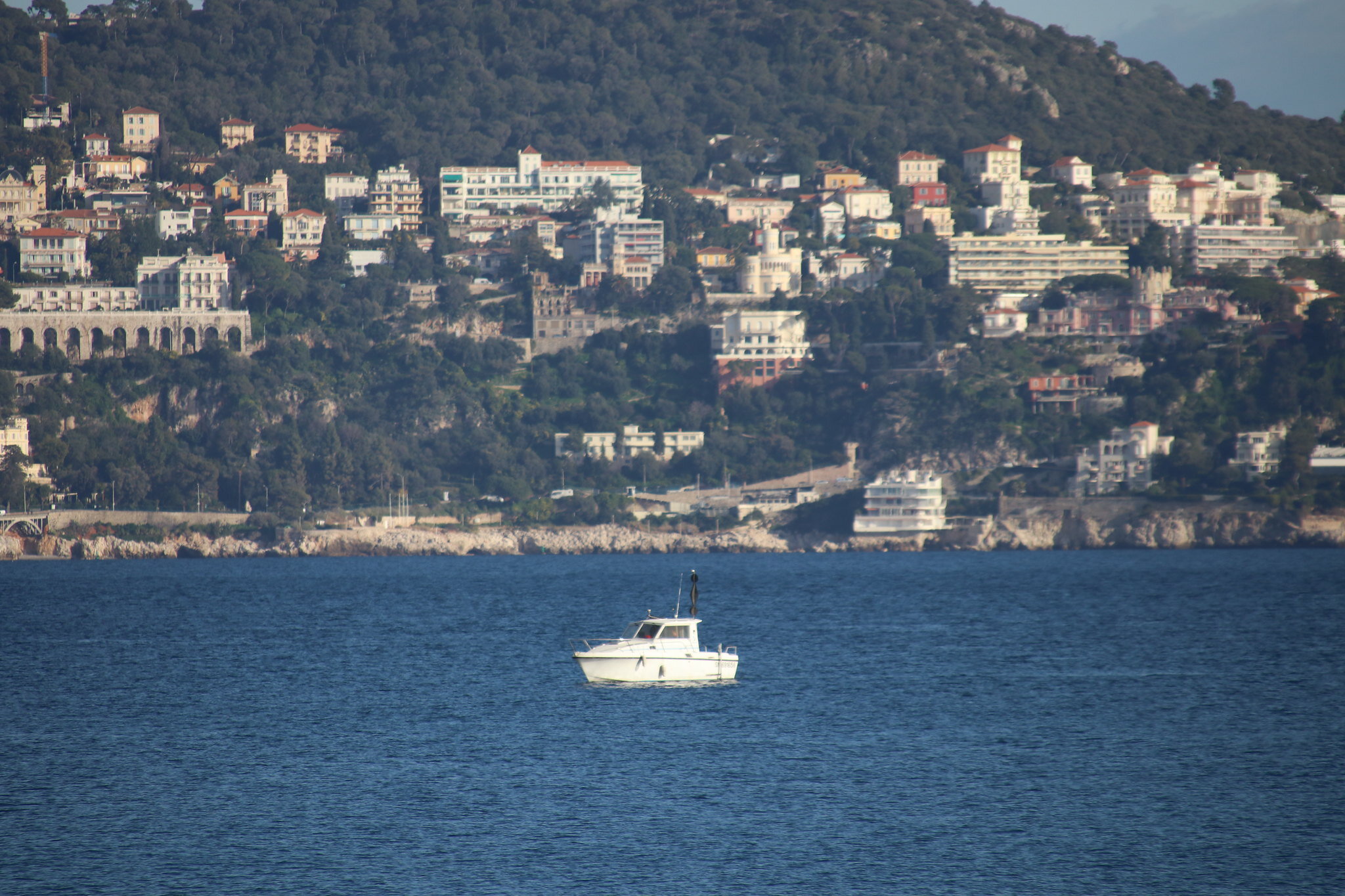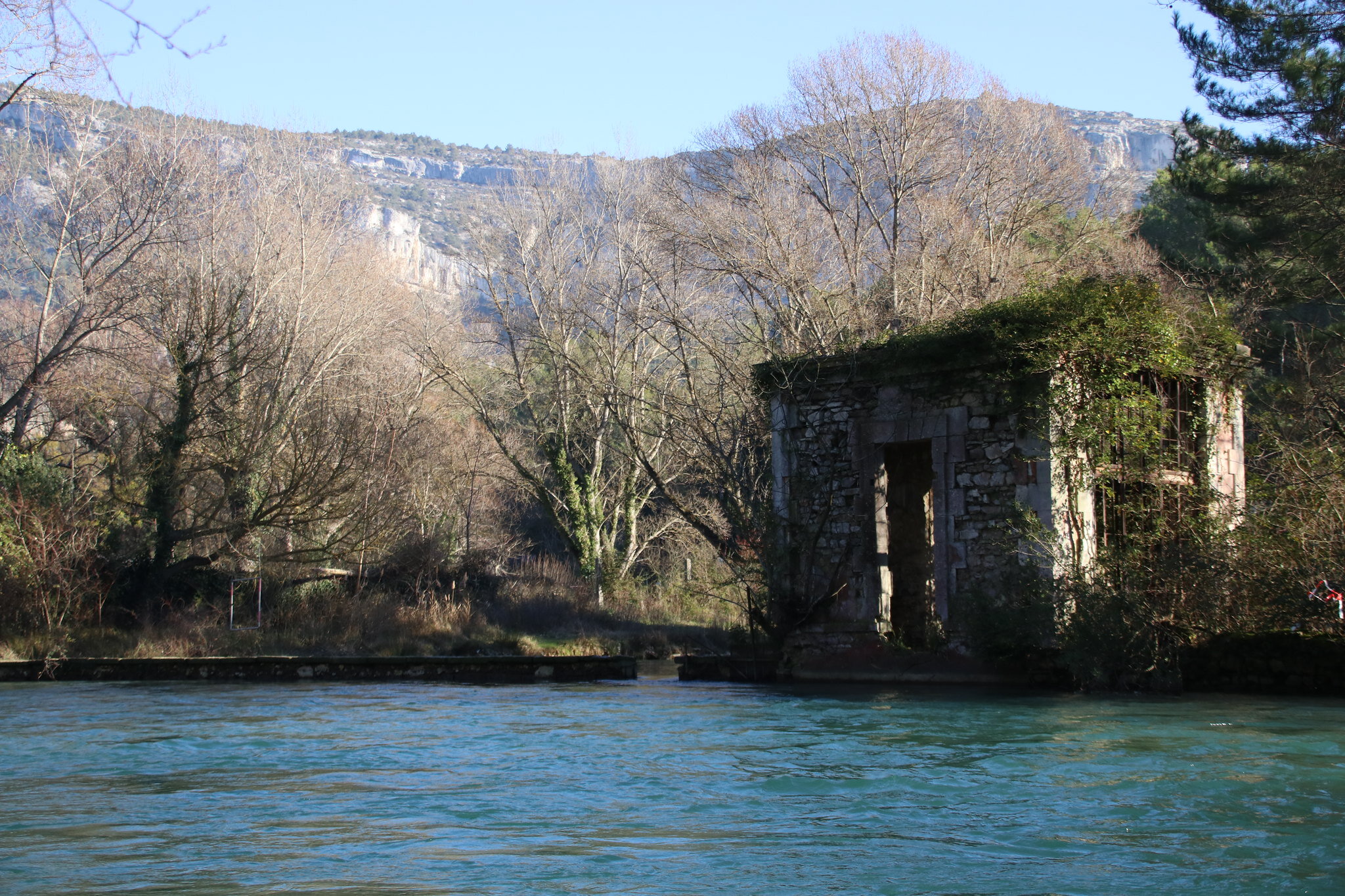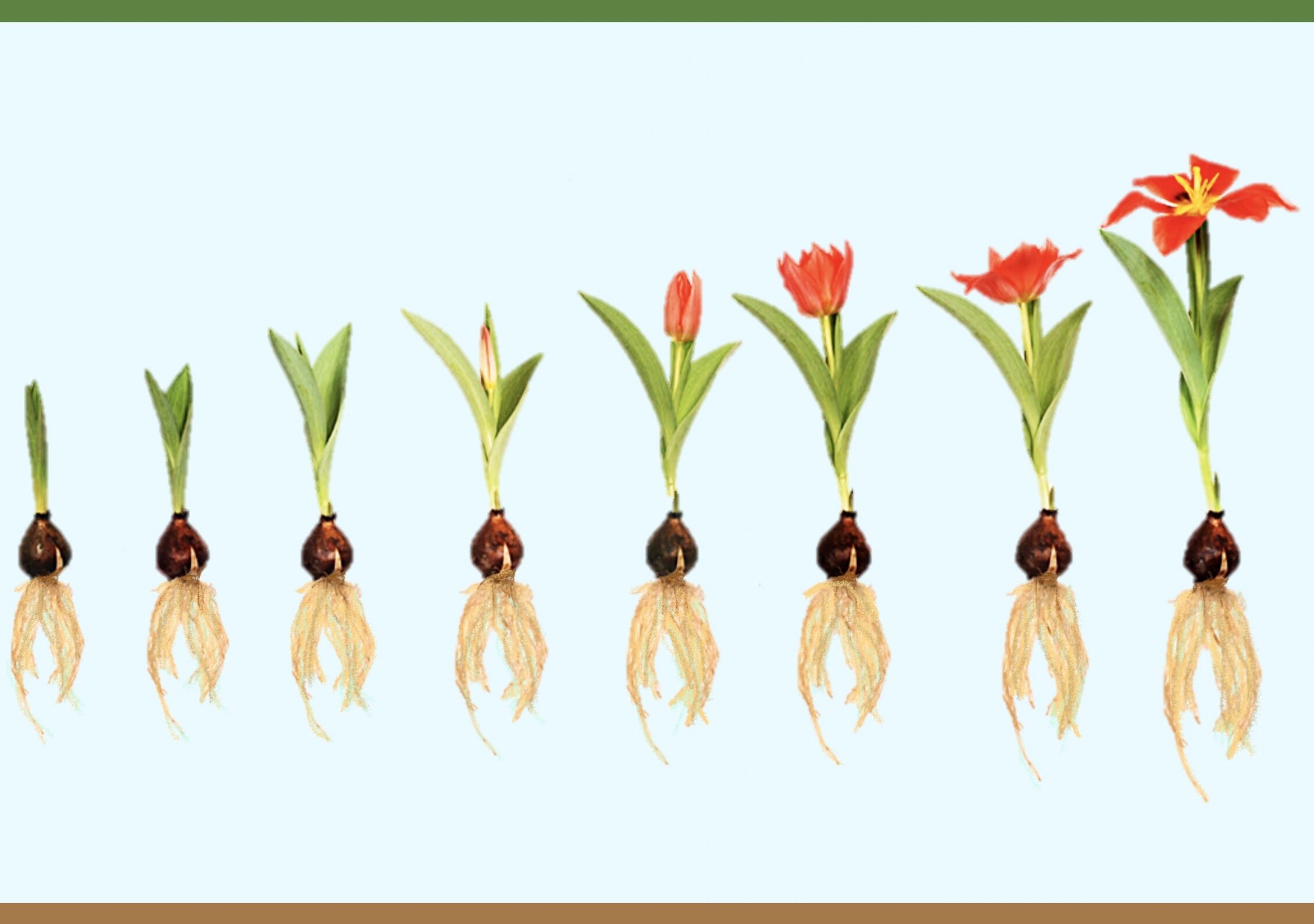My Health Elective on Paradise Island.
Décembre 2018 - Janvier 2019
After completing successfully my first year in medicine I was able to do a 2-week placement at home. It was an exciting and wonderful experience.
What was the placement all about?
I did my placement on Île de la Réunion also known as Paradise Island and I was able to do a 2-week placement at a general practice. I got to do many procedures that were all under supervision such as taking blood pressure, blood sugar with a glucometer and I was able to give vaccine injections as well as intramuscular injections of corticosteroids. Every time I was uncomfortable or not confident in doing a good job of the procedure I would then let the doctor do it and show me how it is correctly done. I was also able to do paediatric measurements such as taking the patient’s length, head circumference, weight and do the Babinski reflex check.
More importantly, my placement was about learning from patients and seeing what type of patients comes to the practice. I was able to observe how France operates its healthcare system and having a bigger exposure to general practice.
Where did you complete your Health Elective? Why did you select this location? What did you hope to gain from it?
I did my health elective at home on a French island, at La Rivière - St Louis. I selected this location because it was simple. Life is quaint and enjoyable when you go to the medical practice in less than 5 minutes with Ray-Bans, a Land Rover Defender, tropical humidity and enjoyable temperature.
I hoped to gain more experience and a more hands-on-medicine which allowed me to get a clearer picture of what medicine is about, especially general practice as it is a speciality that interests me. I learned more about pathophysiology, disease interactions and how to do an excellent consultation. I also wanted to learn more about how our health care system is different compared to the Australian health care system; different countries with different cultures and laws.
Was it an individual/community with health focus?
It was individual health but a lot of the time the patients came with their families or children and everybody was then consulted and treated if necessary. There was a strong relationship with the patients and the doctor and I think that is very important as there is a lot of trusts. A strong relationship increases adherence to medicine and the treatment which means a better prognosis. A better prognosis could also influence patients not needing to go to hospitals in the future which could results in hospitals saving costs and in terms leave more budgets (which are already very strict) for others.
How did this service/program meet the needs of the community?
By providing excellent services. The doctor would take vital signs, check for blood pressure, blood sugar if needed, the current medication being taken, the patient history and the follow-ups on any chronic disease. The current complains of the patient was also being done and any concerns or fears would be explored.
Who was the clientele?
Ah, the clientele... Generally, we had pleasant and interesting patients. The patients were kind and knew the doctor very well and for a long time so there was a strong relationship and history. However, sometimes people were very difficult and we must learn how to recognise and handle it.
For example, some patients were difficult to get any information out and we really had to push for questions and find questions that did not end with a Yes or No answer - in the end, we managed. There was also an unhappy patient that implied we were not competent enough as we provided the best care for his child and follow up. We had to intellectually guess what it could be but we needed more answers from the lab test results and the radiologist to confirm the diagnosis. Some patients wanted us to fill out pre-surgery forms or other administration forms that were intended for them. Of course, we explained quickly and efficiently what they needed to do. Some patient are adamant that they need antibiotics even though it is clearly a viral infection and some think that they need to get tested for everything as they think there is something wrong. Maybe if things were not so readily free and available would bring the total abuse of our health care system down? Some patient even abuses the nurse and ambulance services as the nurse has to go to their homes for a blood sugar test that they do not even bother to learn how to do it. Meanwhile, we had two patients that were almost paralysed that walked into the practice which completely bewildered us.
We actually had to remove a patient from the clientele due to being too difficult to handle and we were well in our rights to do so. On some days after seeing 80 to 100 patients a day, it is absolutely tiring since it is not a booking system unlike other countries or metropolitan France. I can really understand how doctors can easily burn out and I think there should be a yearly course on learning about How to Destress and Recuperate.
What were the payment arrangements?
Everybody brings the Carte Verte meaning green card. They get 100% reimbursed on every consultation and depending on the medication they get a certain percentage reimbursed ranging from 0 to 100% reimbursement. The consultation cost is around 32 Euro.
A disadvantage of things being too "free" is that the abuse of the system will occur regardless. Such as the abuse of the services and the ambulance, however, it is not done too frequently as there is a positive outcome of people really needing these services and medication. These services were put in place for a reason after all. For example, our family would have been bankrupt if it wasn't for the health care system being available and free, especially for the medication and MRI cost.
Me, my brother and sister with my dogs in the Land Rover Defender.
Briefly identify the professionals you worked with - their qualifications, roles, how they interact, teamwork, and professional behaviours you observed.
I worked with one medical general practitioner. He is very well informed, full of knowledge, high attention to details, fast at what he does and is very meticulous. There are only one doctor and a secretary. His communication is on point, his consultation is detailed and there is an efficient and fast approach to the problem. I absolutely loved working with him and enjoyed every time I did a session. I learned a lot and I grew confident in my basic skills and knowledge of medicine.
Summarise the activities you were involved with.
Taking blood pressure,
Taking blood glucose with a glucometer,
Research on the pathophysiology of the current patient,
Research on medication and interactions of the current patient,
Listening to the heartbeats and respiration,
Given vaccines and intramuscular injections of corticosteroids,
Paediatric measurements such as taking its length, head circumference, weight and apply the Babinski reflex check,
Involved in finding out common complaint and follow up questions.
All were done under supervision.
How did your activities and experiences on placement relate to your learning so far?
I could integrate my knowledge on endocrinology, nerves and muscles (Muskulo Skeletal Systems), genetics, and a bit of biochemistry for the diabetic patients. These subjects were the most useful especially the dermatomes and nerve innervation and the muscle groups. Ecology of health helped me especially on my awareness and communication with the patient and guided me to do a good consultation. It helped me to convince a patient to stop smoking or aid in its cessation, hopefully, it had a positive outcome.
My activities enabled me to take accurate vital signs and learned to be comfortable with patients. I particularly enjoyed my experience with paediatrics and I am looking forward to doing that at medical school.
How prepared were you to complete your activities?
I was well prepared to the vital signs and a little unsure on communication but I picked it up afterwards. Switching to French was a little challenging as it is a different culture and ways of life. All in all, in the end of my placement, I was confident and very confident in what I knew and the things I could do.
What were your interactions with staff and patients?
I fully interacted with both. I was always involved in all consultations and I did all the vital signs and I asked the patient a lot of follow up questions. I was always hands-on and ready. If not I was researching on the spot about their pathologies, medication and treatment with a plan of action.
What was new or difficult for you? How did you cope with it, or manage this?
Something new was giving vaccines while being supervised. I learned its technique and I listened closely to what I was supposed to do. The same for paediatric measurements as children move about and make a lot of noises.
What was the most memorable event/activity you undertook? What made it memorable?
Giving my first prescription, that was definitely a memorable one. Of course, the medications were already on a list so all I had to do was stamping, writing down the medication with its dosage and for how many days. This is something I already did during my Bachelor of Pharmacy but this time I was the one sending out prescriptions and not receiving them!
In hindsight, would you do anything differently if approaching this elective again - either about the elective or yourself?
Not at all, I am just excited to do more and know more so I can have more freedom and become more independent.
It was a wonderful experience and I thoroughly enjoyed it. I am looking forward to doing more and be able to do more. I am eagerly waiting to be within a medical team at a hospital setting.
My first prescription. Usually I am used to receive prescriptions at the pharmacy but today I got to do one under supervision of course.
Published 15th January 2019. Last reviewed 30th December 2021.



